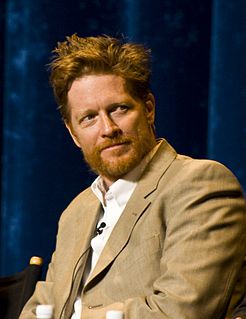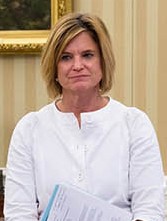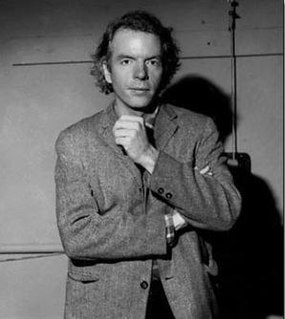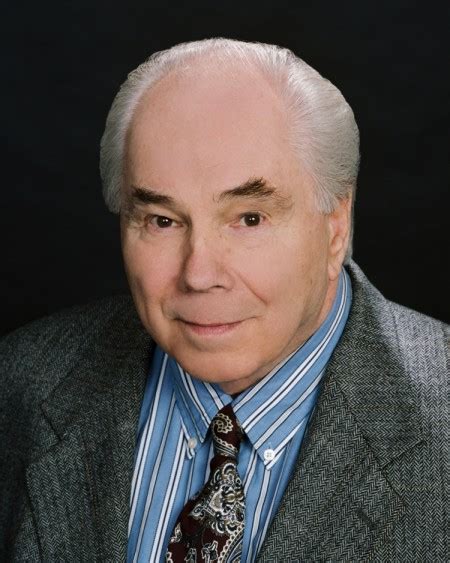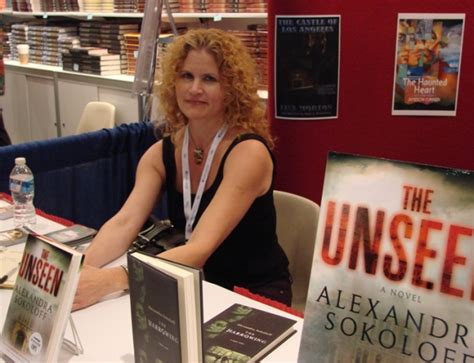A Quote by Graham Hancock
My sense is that we are missing a huge part of the human story. I think it's possible, indeed probable, that we are a species with amnesia; that we've lost the record of our story going back thousands of years before so-called history began, and I think that if we could go back to that dark epoch, we would discover many astounding things about ourselves.
Related Quotes
Technology adds nothing to art. Two thousand years ago, I could tell you a story, and at any point during the story I could stop, and ask, 'Now do you want the hero to be kidnapped, or not?' But that would, of course, have ruined the story. Part of the experience of being entertained is sitting back and plugging into someone else's vision.
I like the idea all memory is fiction, that we have queued a couple of things in the back of our minds and when we call forth those memories, we are essentially filling in the blanks. We're basically telling ourselves a story, but that story changes based on how old we are, and what mood we're in, and if we've seen photographs recently. We trust other people to tell us the story of our lives before we can remember it, and usually that's our parents and usually it works, but obviously not always. And everybody's interpretation is going to be different.
I believe we are a species with amnesia, I think we have forgotten our roots and our origins. I think we are quite lost in many ways. And we live in a society that invests huge amounts of money and vast quantities of energy in ensuring that we all stay lost. A society that invests in creating unconsciousness, which invests in keeping people asleep so that we are just passive consumers or products and not really asking any of the questions.
That's the way to get young people. Once they see there are wonderful things to hunt for, to rediscover a species that was thought to be extinct or is extremely rare, to be the first to see a nest, to discover a new species unsuspected close to your home - these are things, I think, with a little education and excitement and the right kind of natural history would actually start a movement that makes going back to nature a profitable adventure.
In this tradition a story is 'holy,' and it is used as medicine," she told Radiance magazine. "The story is not told to lift you up, to make you feel better, or to entertain you, although all those things can be true. The story is meant to take the spirit into a descent to find something that is lost or missing and to bring it back to consciousness again.
We've made so much progress in the last 100 years, and I think it's easy for us to think that women in the workplace, women in politics, isn't that big of a deal. And when you step back and look at it from the scope of human history, from thousands and thousands of years - it's a radical idea for a woman to be in charge.
It wasn't long after I began writing Star Wars that I realized the story was more than a single film could hold. As the saga of the Skywalkers and Jedi Knights unfolded, I began to see it as a tale that could take at least nine films to tell - three trilogies - and I realized, in making my way through the back story and after story, that I was really setting out to make the middle story.
Yet again, an ancient answer echoes across the centuries: Listen! Listen to stories! For what stories do, above all else, is hold up a mirror so that we can see ourselves. Stories are mirrors of human be-ing, reflecting back our very essence. In a story, we come to know precisely the both/and, mixed-upped-ness of our very being. In the mirror of another's story, we can discover our tragedy and our comedy-and therefore our very human-ness, the ambiguity and incongruity, that lie at the core of the human condition.
I think all writers are always collecting characters as we go along. Not just characters of course, we're collecting EVERYTHING. Bits and pieces of story. An interesting dynamic between people. A theme. A great character back story. A cool occupation. The look of someone's eyes. A burning ambition. Hundreds of thousands of bits of flotsam and jetsam that we stick in the back of our minds like the shelves full of buttons and ribbons and fabrics and threads and beads in a costumer's shop.
When we can let go of what other people think and own our story, we gain access to our worthiness—the feeling that we are enough just as we are and that we are worthy of love and belonging. When we spend a lifetime trying to distance ourselves from the parts of our lives that don’t fit with who we think we’re supposed to be, we stand outside of our story and hustle for our worthiness by constantly performing, perfecting, pleasing, and proving. Our sense of worthiness—that critically important piece that gives us access to love and belonging—lives inside of our story.

